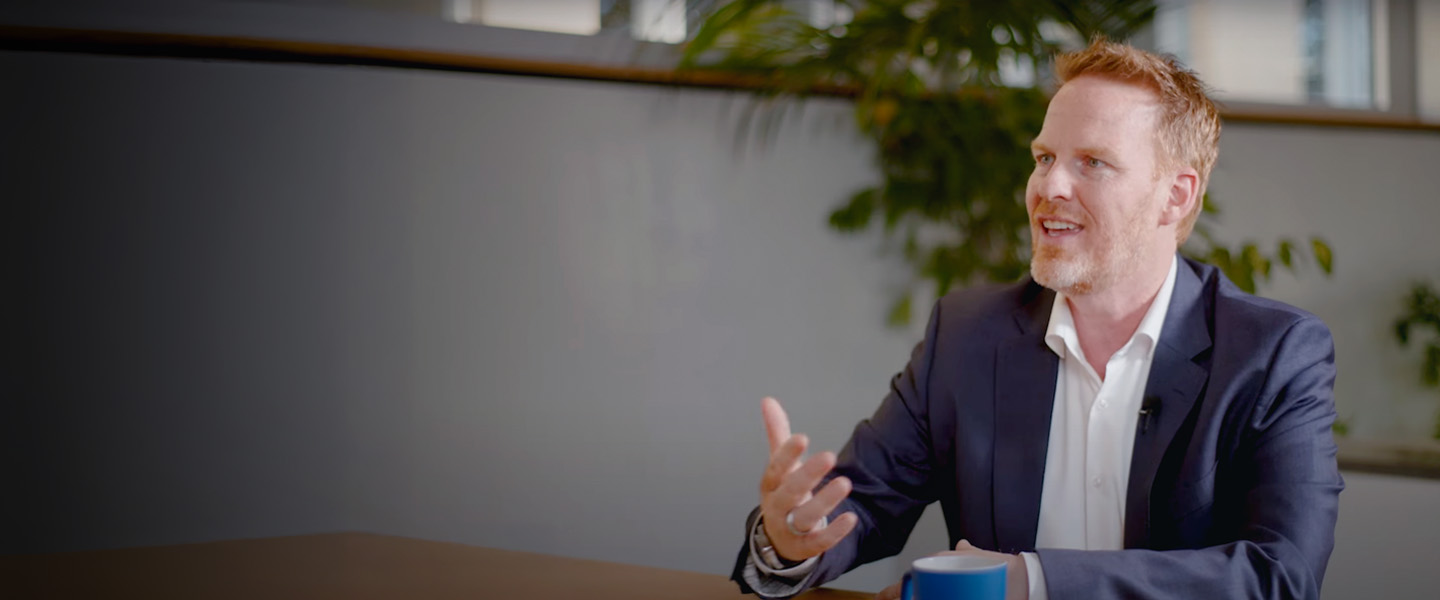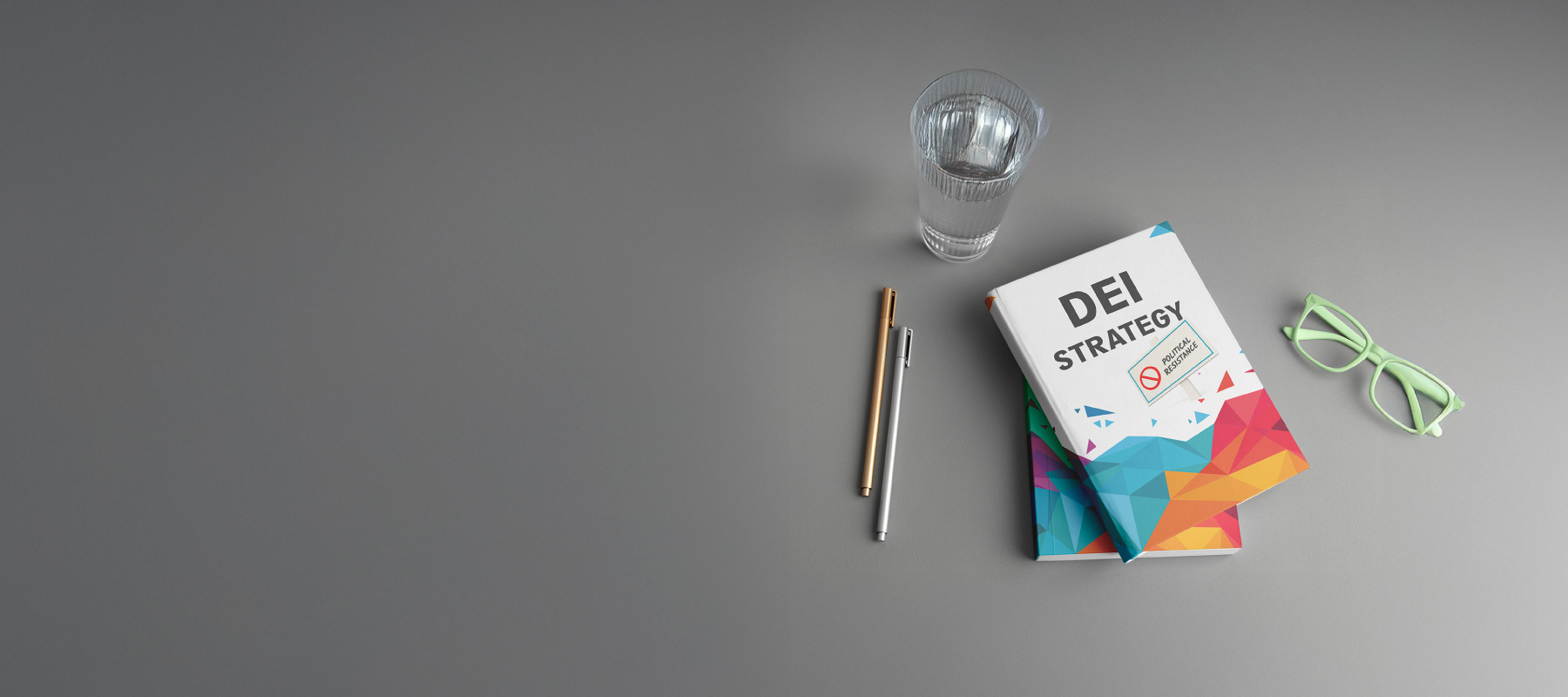
5 tips for making marketing matter
Marketing is often one of the first budgets to be slashed in any crisis, and the COVID-19 pandemic is no exception.
Instead of making your marketing budget a victim, take this opportunity to rethink how you can help your organization achieve the ultimate marketing goal – greater value to customers. Given today’s unique context and the coronavirus’s long-lasting consequences on both customers and companies, here are five tips on what marketing executives can do to make a difference.
1. Understand the new consumer mindset
During a major economic crisis, consumers reset their consumption priorities, shift brands, and redefine what value truly means. John Quelch and Katherine E. Jocz have previously identified patterns in consumer behavior and firms’ strategies that help increase or undermine business performance.
Quelch and Jocz identified four consumer segments, from “Slam-on the brakes” to “Pained by patient”, “Comfortably well off” and “Live for today”. Thinking creatively about how customers shift consumption patterns and behaviors along these lines remains an excellent strategic exercise. The outcome will help you reformat your product portfolio, rethink your pricing policy and create new ways to deliver products and services. This, in turn, will require you to rethink your communication strategies.
2. Boost your marketing budget
Remember the words of Lord Leverhulme:
“Half the money I spend on advertising is wasted, and the trouble is I don’t know which half.”
This might have been true in the past, but the argument does not stand anymore – today, new tools can help measure the impact of your digital marketing strategies.
While many companies are focusing on driving short-term online sales at the expense of brand-building budgets, the challenge is to find the right balance. Companies should focus on promoting more entry-point brands to meet the basic needs of cash-strapped customers. At the same time, they must continue to promote premium products for the “Live for today” segment, and use digital marketing budgets to reach their target audiences.
3. Be credible, consistent and genuine
Consumers will respect you and your brand much more if they know that you are consistent in your communications and genuine in your messaging. Over the last couple of weeks, like many of you, I have received many emails from companies telling me how much they care about me. However, these messages are often impersonal, irrelevant and at times outrageous.
One company sent me a positive personal message only to announce several days later that it was firing a large number of staff and paying a dividend to shareholders. Not exactly a display of empathy!
If you want to get close – and stay close – to your customers, your messages need to be credible and consistent with your actions. Communicating about good deeds can have great results; consumers are likely to remember how companies like Ford, GE and 3M partnered to repurpose manufacturing capacity and put people back to work to make respirators and ventilators to fight coronavirus, for example. If managed consistently and backed up with concrete actions, communications surrounding this type of activity can have a positive impact.
4. Notice shifts in consumer values and attitudes
Many marketers are too immersed in day-to-day operations; few seem to be thinking long term. It is difficult to predict the future but there is consensus that life won’t be the same after COVID-19 and consumer patterns will be affected for years to come.
The UN’s environment chief, Inger Andersen, has warned that nature has sent us a signal and that we may experience more pandemics linked to major changes in our environment. Globally, citizens are already asking for more security, raising the level of attention and resources given to sustainability.
Since brands and reputations are made or lost during times of crisis, business leaders need to factor sustainability into their future marketing strategies sooner rather than later, and take into mind any new, long-lasting expectations from clients.
5. Unleash corporate creativity
The old adage “less is more” holds true for complex organizations, and the time is now ripe for simplifying your organization. At the same time, we know that constraints such as a lack of time, people and money can spark incredible innovation.
When faced with a shortage of emergency ventilators at the Gardone Valtrompia Hospital in Brescia (Italy), Dr Ranto Faveto had the idea to turn snorkeling masks into respirators. He brought together Isinnova, an Italian 3D printing company, and Decathlon, the French-based producer of the “Easybreath” snorkeling mask, which decided to share its patented technology at no cost.
According to Richard Hytner, Dr Faveto combined four ingredients to help unleash corporate creativity: 1) Set challenges from which meaning can easily be derived; 2) Foster an environment in which fluid teams are matched to the task; 3) Inspire teams with the autonomy and resources to solve the problem; and 4) Accelerate implementation with swift and transparent decision-making.
Whether your company produces life-saving products or lemonade, you can use these steps to boost creativity and drive your organizational goals forward.
While there are many reasons to worry about the future, marketers and other business leaders have a duty; they must remain optimistic to create the right conditions and environment to think and act creatively. It’s time to act, and act fast. The slow may not survive, while quick-thinking – and fast-moving – companies have a chance to thrive.
Research Information & Knowledge Hub for additional information on IMD publications
The Handtmann case examines the co-CEO leadership model in the context of family business. Based on interviews with three key executives – the co-CEOs and the President of the Advisory Board – the case focuses on how Handtmann handled the leadersh...
Research Information & Knowledge Hub for additional information on IMD publications
Research Information & Knowledge Hub for additional information on IMD publications
Research Information & Knowledge Hub for additional information on IMD publications
in I by IMD
Research Information & Knowledge Hub for additional information on IMD publications
in I by IMD
Research Information & Knowledge Hub for additional information on IMD publications
Research Information & Knowledge Hub for additional information on IMD publications
The Handtmann case examines the co-CEO leadership model in the context of family business. Based on interviews with three key executives – the co-CEOs and the president of the advisory board – the case focuses on how Handtmann handled the leadersh...
Research Information & Knowledge Hub for additional information on IMD publications
Research Information & Knowledge Hub for additional information on IMD publications
in I by IMD
Research Information & Knowledge Hub for additional information on IMD publications
in I by IMD
Research Information & Knowledge Hub for additional information on IMD publications










